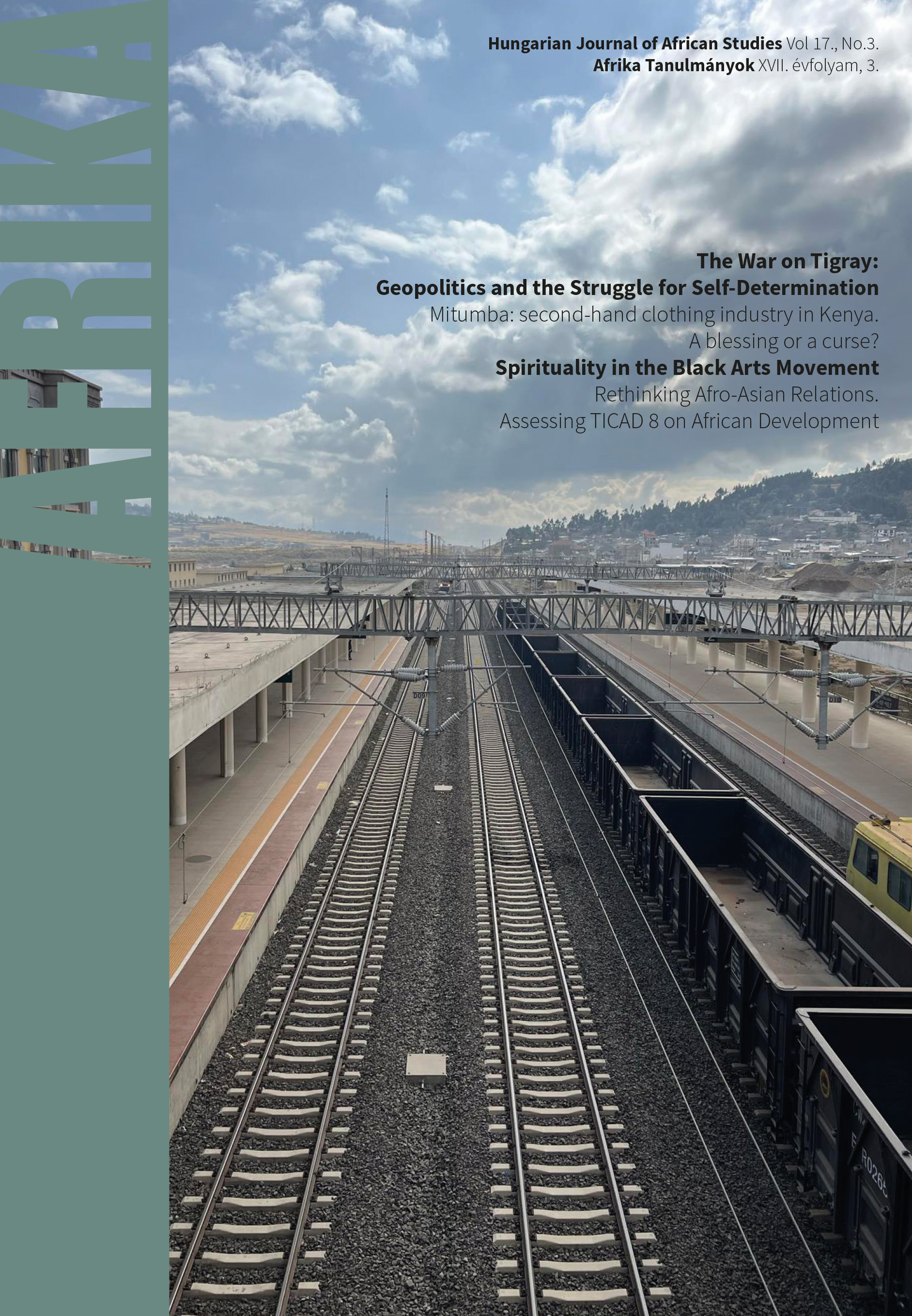The War on Tigray: Geopolitics and the Struggle for Self-Determination
DOI:
https://doi.org/10.15170/AT.2023.17.3.1Keywords:
genocidal war, geopolitics, Tigray liberation struggle, TDF, referendumAbstract
Tigray continues to be a unique case among ancient kingdoms, Westphalia nation-states, post-colonial Africa, and post-Cold War national liberation struggles. It is one of the oldest civilizations (Aksumite Kingdom) and the historical, cultural, and political soul of ancient and modern Ethiopia. But it was made to be an ‘oppressed nation struggling for regional autonomy and survival from genocidal aggression’ by the empire state of Ethiopia and the ‘garrison state’ of Eritrea. It also survived Egyptian and Mahdist expansionists, and Italian colonialism, though it lost ‘Bahre-Negash’ (Eritrea) to Italy due to the Wuchale Agreement (or Treaty of Wichale) in 1889. Eritrea was handed over to Italian colonialists by Menelik II of Shewa-Amhara in order to weaken Tigray’s geopolitical power base. Tigray was also the hotbed of the first Woyane rebellion in 1943 which sparked the idea of ‘land to the Tiller, fair taxation, and self-rule,’ and the Tigray People’s Liberation Front (TPLF) led the second Woyane rebellion (1975–91) that restructured the empire state of Ethiopia into a federation with the 1995 constitution. Since 2018, after 27 years of the Ethiopian People’s Revolutionary Democratic Front (EPRDF)- led federal experiment, Tigray again became a victim of a ‘genocidal war’ led by the Ethiopian federal army, Amhara forces, Ethiopian regional forces, and Eritrean army, supported by UAE and Turkey drones, and the Somali army. The international community and the African Union supported Abiy Ahmed and Isaias Afewerki’s genocidal war in the name of “maintaining the territorial integrity of Ethiopia” by neglecting the principles of Responsibility to Protect (R2P), people’s self-determination rights, and the prevention of genocide. Tigray, therefore, is a rare case in the vicious cycle of violence. The Tigrayan ‘two-year’ survival war (from November 2020 to November 2022) against those who practice genocide was destined to break Tigray’s historically vicious cycle of violence perpetrated by Ethiopia and Eritrea. The paper aims to investigate the historical, geopolitical, and security reasons that have trapped Tigray into facing the post-2020 genocidal war.
Downloads
Published
How to Cite
Issue
Section
License

This work is licensed under a Creative Commons Attribution-NonCommercial-NoDerivatives 4.0 International License.
















